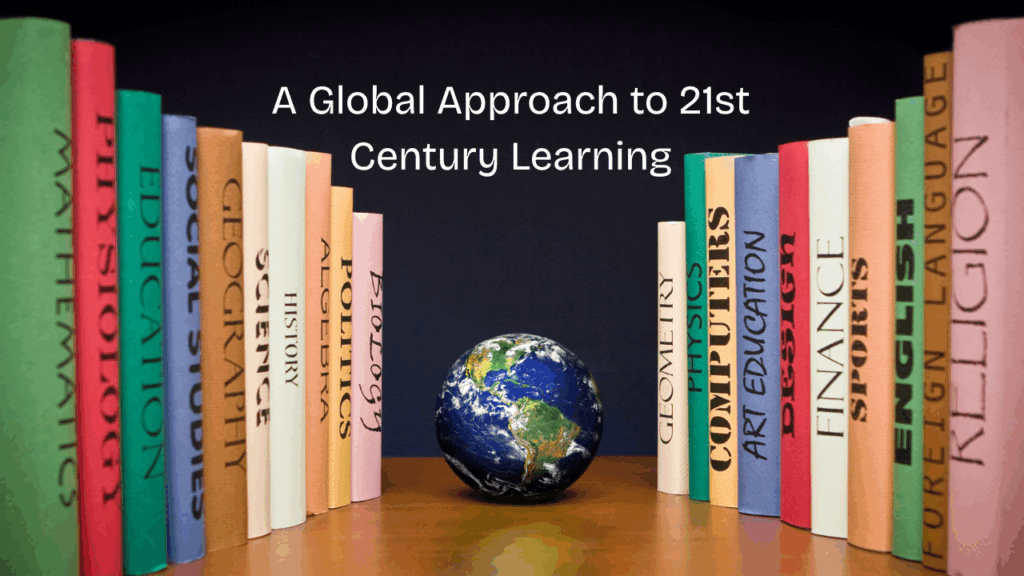Navigating Uncertainty: Why Today's Youth Face Career Confusion
Career is one of the most important pillars of life. It helps shape our identity, provides financial stability, and gives us a sense of purpose and direction. Mostly, the millennials have been career oriented. But it’s not the case with the new generation. They are often found confused, lost, and indecisive about their career path. Whether it’s their mood swings or the overwhelming number of choices available. This lack of clarity often stems from societal pressures, unrealistic expectations, and a fear of failure.
The Role of Evolving Education Systems
Education system needs to take the centre stage. It must come forward to meet the changing needs of industries and prepare students for future career. Dr. Anviti Gupta, Dean & Professor, Sharda School of Humanities & Social Sciences emphasises the need for a dynamic approach saying, “Education systems need to evolve to keep pace with the changing demands of industries and equip students for future careers. Educational institutions should adopt project-based learning, experiential learning, and interactive teaching methods that actively engage students in their learning journey.”
“Technology integration is crucial in preparing students for the digital age. Educational institutions should invest in infrastructure and teacher training to effectively utilize tools like artificial intelligence, virtual reality, and augmented reality. These technologies can personalise learning experiences, enhance engagement, and make abstract concepts more tangible. By embracing these strategies, education systems can empower students with the necessary skills and knowledge to succeed in the dynamic and ever-evolving job market.” She further adds.
Dr. Tania Islam, Assistant Professor, School of Liberal Arts and Design Studies, Vidyashilp University asserts, “Education systems must prioritise the development of critical thinking, creativity, and adaptability. With the rise of automation and artificial intelligence, many routine jobs are becoming obsolete, while new roles emerge that require innovative thinking and the ability to pivot in response to technological disruption.”
The future of career development lies in the hands of both evolving education systems and the dynamic young generation. As industries change and technology advances, it is imperative that educational institutions equip students with the skills needed to thrive in an ever-shifting job market. Embracing project-based learning, critical thinking, and the integration of cutting-edge technology can empower students to not only adapt but excel. Social media has also come with a powerful influence on career aspirations, often portraying curated and idealised career paths.
The Influence of Social Media on Career Choices
Dr. Anviti sheds light on the social media saying how has it become constant in our lives. It helps shape our career paths. From scrolling through job postings to getting career advice, these platforms are a treasured trove of information. But let’s be real, social media often paints a rosy picture of certain careers, making them look more glamorous than they truly are. This can lead us to unrealistic expectations and pressure to fit a certain mould.
That’s true! Social media is a double-edged sword. While it provides access to valuable resources and connections, it can also create unrealistic standards and mislead individuals into pursuing careers based on trends rather than genuine interests. Navigating this influence requires critical evaluation.
Guidance Through Mentorship and Workshops
While Dr. Easwaran Iyer, Head- Chancellor’s Advisory Board, JAIN (Deemed-to-be University) comes with another point of view. He recommends about hosting workshops and seminars to let youngsters explore their career interests through guided discussions and practical exposure. These sessions bridge the gap between aspirations and reality, enabling students to make informed decisions about their futures.
Dr. Anviti and Dr. Easwaran have nicely talked about how education systems and mentorship can empower students to navigate their career journeys more effectively. Now, let’s understand how organisations can help young professionals gain clarity and confidence in their career paths.
Organisations can empower young professionals by focusing on structured onboarding from day one. That’s a belief of Mr. Gaurav Bhagat, Asia’s leading skill trainer, entrepreneur, and business visionary. He further elaborates, “Mentorship matters – assigning a mentor or supervisor to oversee day-to-day and week-to-week progress fosters personal growth. Regular check-ins at three levels with supervisors, team leads, and top management ensure consistent guidance and accountability. Career roadmaps provide young professionals with clarity on their growth trajectory, while feedback loops (quarterly or annual) allow for reflection and improvement.”
“To boost confidence, organisations should promote a culture of inclusivity, belonging, and shared vision. Recognising and rewarding achievements builds motivation, making employees feel valued and connected to the bigger picture. Investing in training, development, and clear communication paves the way for long-term success.” He concludes, emphasising that an empowered workforce not only drives individual growth but also contributes to the overall success of the organisation.
The Collaborative Path to Career Success
The career landscape is rapidly evolving, demanding a collaborative effort from education systems, organisations, and individuals to navigate its complexities. While educational institutions play a critical role in preparing students with the necessary skills, organisations serve as the bridge that transforms potential into professional excellence. Together, they can shape a future where talent meets opportunity, driving sustainable growth and redefining success for generations to come.



